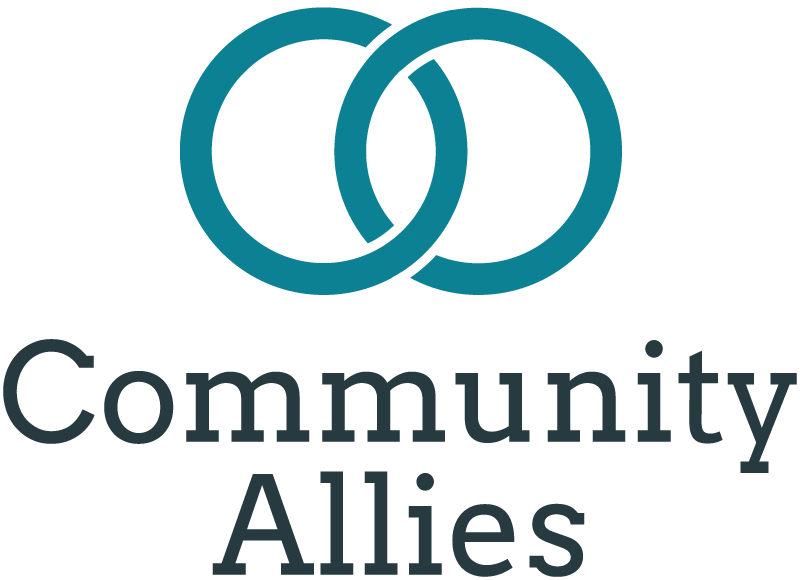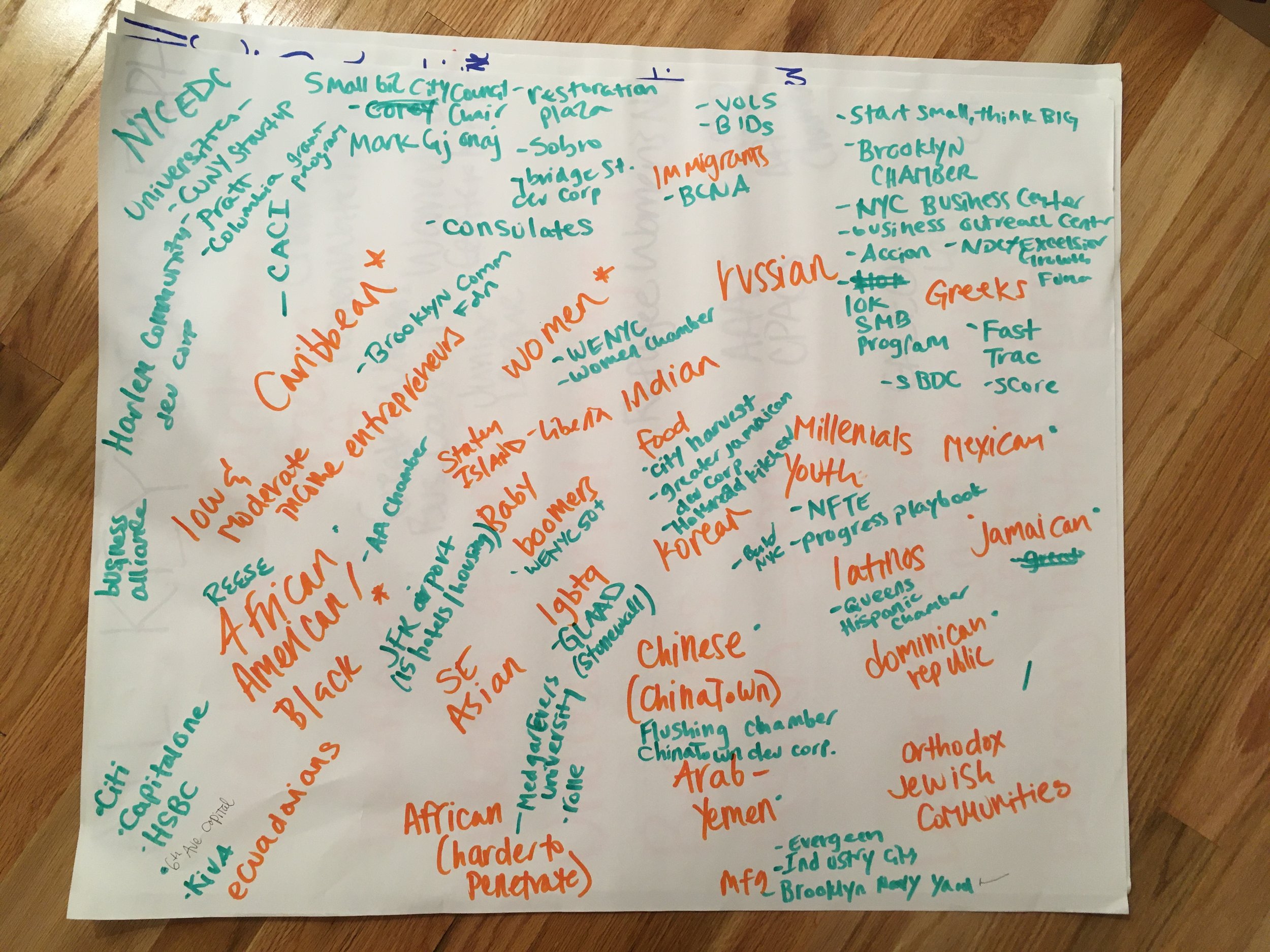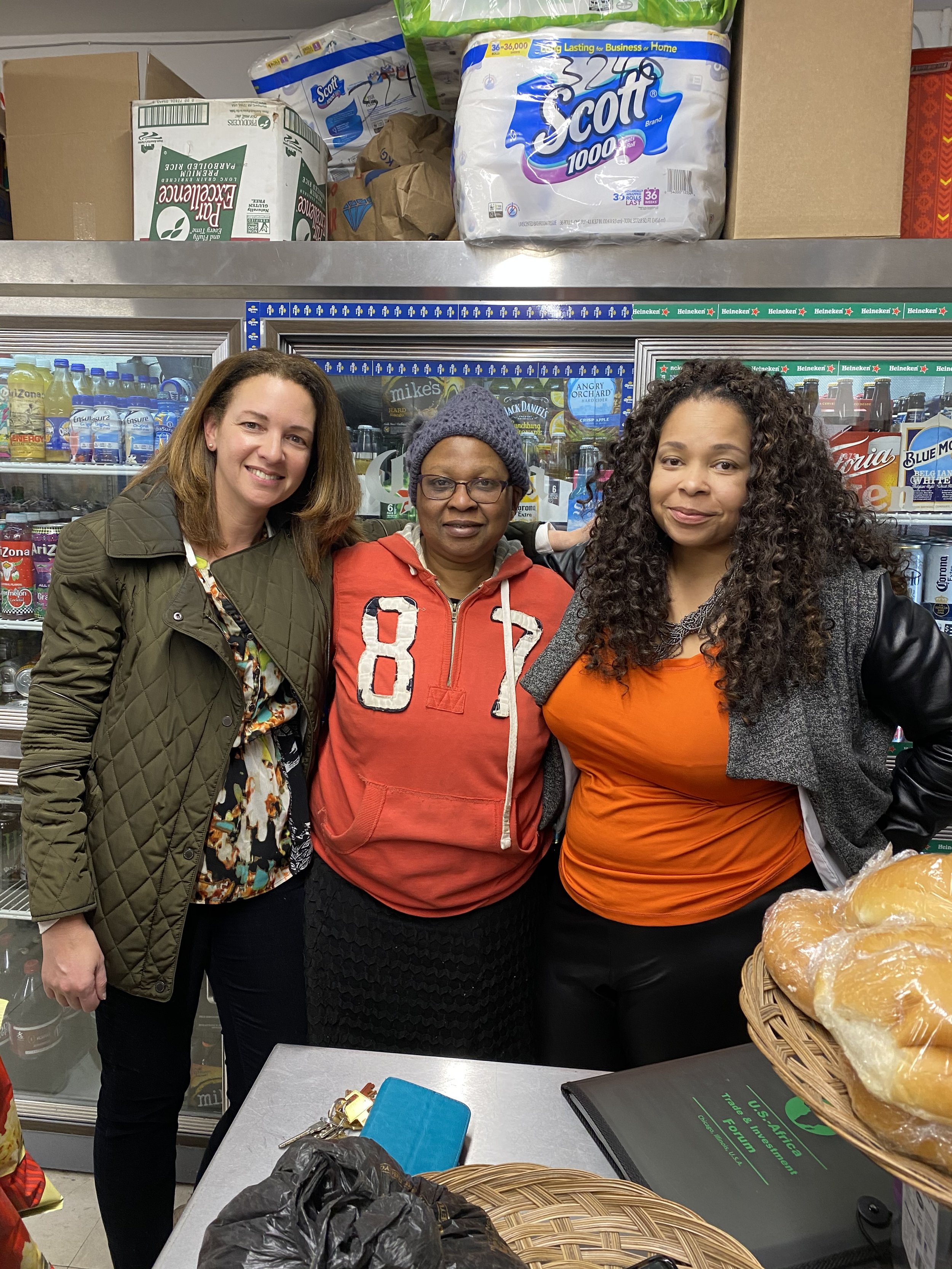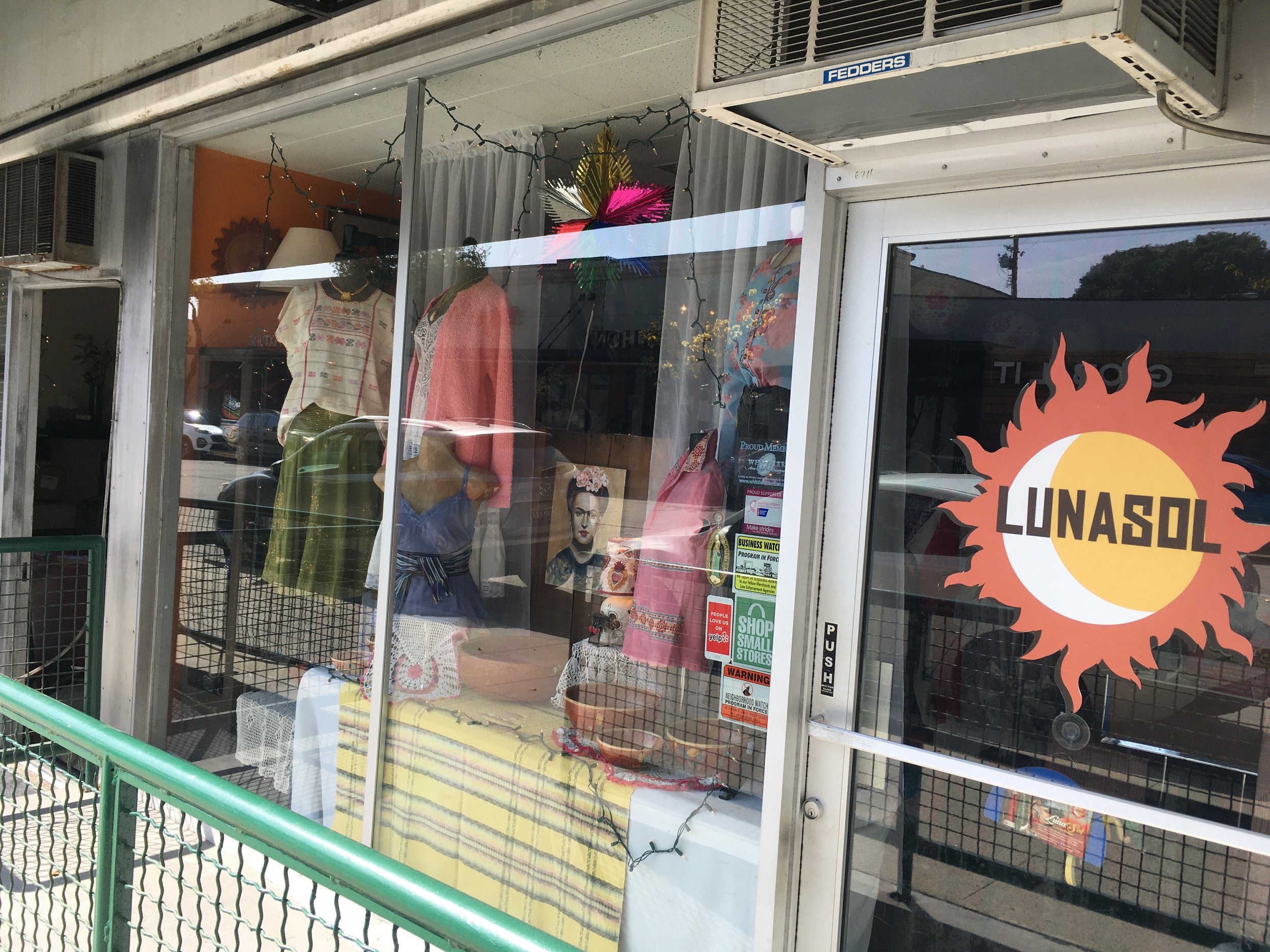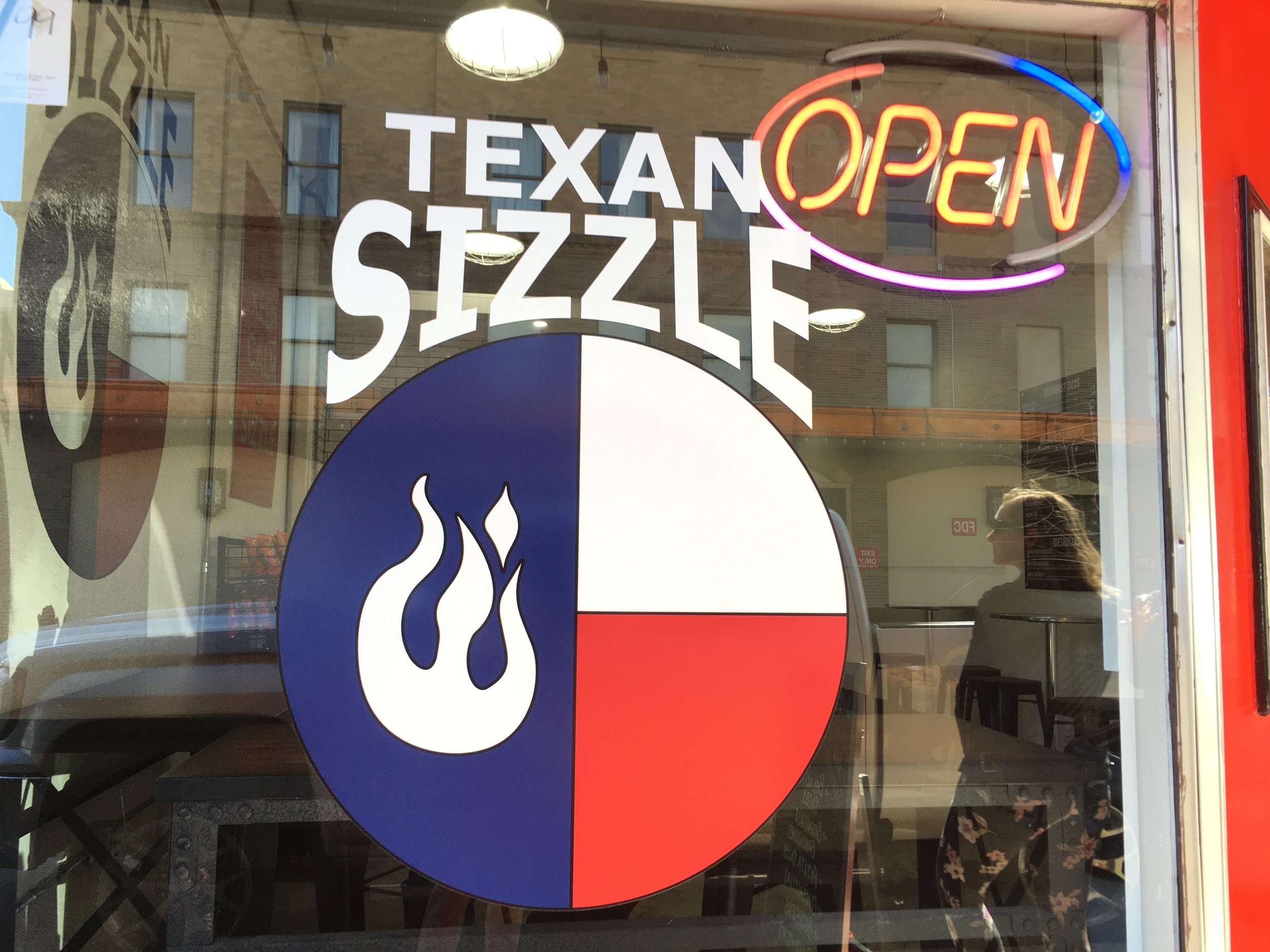Common Future
Nationwide
Challenge
The disparities for businesses owned by people of color are clear. Across the United States, Black and Latino businesses comprise a smaller percentage of the total business community than their representation in the greater population and there are disparities in revenue, employment, and presence in high-growth sectors. In 2020, Common Future partnered with Community Allies, Next Street, and Lewis & Associates to produce detailed mappings of small business ecosystems in seven U.S. cities: Atlanta, GA; Indianapolis, IN, Los Angeles, CA; New York City; Richmond, VA; San Antonio, TX; and St. Louis, MO. Assessment focused on access to business support services and flexible capital as well as the ecosystem as a whole, including public policy and connectivity between business support stakeholders. The objective was to identify gaps in resource accessibility, programs that could be developed and amplified to fill those gaps, and opportunities for investment.
Leaders from Atlanta, Los Angeles, and New York meet to share resources and strategies
Approach
Community Allies’ role was to lead community engagement. Although the scope was national, we understood that the business ecosystem and its resources and goals would vary by place. The research needed to be community-driven to ensure that the results responded to each city’s local needs and culture. We also convened a community of practice among the local project leads that would weave together learnings from each individual city and amplify systemic change nationally. The opportunity was not only to eliminate small business racial disparities but also to change the local systems that were holding those disparities in place. Through our engagement efforts, we aimed to foreground the voices of historically disempowered populations, foster and strengthen relationships between ecosystem stakeholders, and bridge past divides of power, race, and geography.
The project team identified two local project leads in each city. These were trusted, proven connectors with lived experience in racial disparities, ranging from city officials to grassroots activists. To ensure that the process brought new voices to the table, we led the project leads in a mapping exercise to identify populations that were impacted by small business policy but who were historically left out of decision-making.
The maps provided the basis for recruitment as each city’s working group and advisory council, composed of about fifty local stakeholders, including business owners, funders, non-profits, business support organizations, and local government entities. In collaboration with Lewis & Associates & Next Street, Community Allies convened these groups in multiple sessions to shape the parameters of the research, gather information, and especially to strengthen relationships between stakeholders and to illuminate opportunities for coordination of efforts and resources.
Two months into the work, the COVID-19 pandemic, protests following the murder of George Floyd, and national disasters took an unprecedented toll on business owners and the organizations that served them. The project team helped participating cities to determine whether and how to continue in the project, given their new challenges. With those that moved forward with the project substantially as planned, we shifted our meeting design to ensure that at least half of every session focused on participants sharing, discussing, and supporting each other through the trauma they were experiencing. They identified this peer support as a critical part of moving through the pandemic.
Hearing directly from small business owners about what they most needed became more difficult during the events of 2020, when their businesses were in crisis. We worked to ensure that our engagement activities were both concise and meaningful, deploying virtual and in-person formats including focus groups conducted in both English and Spanish by native speakers; one-on-one interviews; and city visits and tours. We also made use of the results of business surveys that the cities conducted to assess pandemic impacts. In addition, we made direct investments back into the local economies by acknowledging the working group, advisory council, and focus group participants with gift cards purchased from local small businesses of color.
Finally, we convened the project leads from the various cities into a learning community that pooled lessons learned, disseminated best practices, and provided peer support. The community of practice met at the beginning and end of each cohort, spreading learnings nationally and providing the project leads with new, trusted connections to support their work.
Results
The project culminated in the creation of city-specific reports that detailed each small business ecosystem and identified individual strategies to eliminate racial disparities. The project team also produced a report compiling findings from all of the cities, with lessons learned for small business ecosystem development, community-empowered research, and trust-based philanthropy. In post-project surveys and interviews, local project participants reported that the connectivity that was fostered between stakeholders during the process was as important as the study data and has spurred collaborative efforts that are accomplishing what they couldn’t achieve individually.
Following the release of the reports, six of the cities have gone on to work towards standing up collaborative efforts to eliminate racial disparities, grounded in new ecosystem coalitions that formed as a result of our process. Community Allies is leading the consulting team in San Antonio and has provided additional support in Los Angeles, St. Louis, and Richmond.
“Ellen’s ability to navigate power structures to advocate for community needs is what makes her the ally you need in developing more equitable approaches to economic development”
Put Community Allies to work for you
Share this story:
